Self-Help Strategies for Managing OCD: Taking Control of Your Journey
Introduction
Living with Obsessive-Compulsive Disorder (OCD) can be challenging and overwhelming. However, there are several self-help strategies you can incorporate into your daily life to manage OCD symptoms effectively. This blog aims to provide you with practical self-help techniques that can empower you to take control of your OCD journey.
Educate Yourself about OCD
Knowledge is power. Take the time to educate yourself about OCD - its symptoms, causes, and available treatment options. Understanding the nature of OCD will help you recognize and identify your obsessions and compulsions, reducing their power over you.
Self-Monitoring and Awareness
Keeping track of your triggers, obsessions, and compulsions through self-monitoring can help you gain a better understanding of your patterns and identify triggers that worsen your symptoms. By increasing your self-awareness, you can develop strategies to manage these triggers effectively.
Practice Exposure and Response Prevention (ERP)
Exposure and Response Prevention (ERP) is a widely recognized and effective treatment for OCD. It involves gradually confronting your feared situations or triggers, without engaging in the usual compulsive behaviors. Start small and work your way up, exposing yourself to your triggers while resisting the urge to perform compulsions. While ERP can be challenging, it can lead to significant improvements in managing your symptoms over time.
Establish Healthy Lifestyle Habits
Maintaining a healthy lifestyle can have a positive impact on your overall well-being (although it is not likely to significantly change OCD). Ensure you prioritize the following:
Exercise: Regular physical activity releases endorphins, reducing anxiety and promoting a sense of well-being.
Sleep: Aim for a consistent sleep schedule and practice good sleep hygiene to ensure you are well-rested.
Nutrition: A balanced diet with adequate nutrients can support your mental health. Minimize or avoid substances such as caffeine and alcohol, which can increase anxiety levels.
Stress Reduction: Engage in stress-reducing activities like hobbies, spending time in nature, or engaging in creative outlets to alleviate tension and promote relaxation.
Connect with Supportive Individuals and Community
Seek support from understanding friends, family members, or support groups that focus on OCD. Connecting with others who share similar experiences can provide validation, empathy, and a sense of belonging. You can also seek guidance from mental health professionals specializing in OCD treatment.
Conclusion
Remember, self-help strategies are not a substitute for professional treatment, but they can significantly complement your recovery journey. Experiment with different techniques to find what works best for you. Be patient and compassionate with yourself, celebrating even small victories along the way. Embrace the power that lies within you to take control of your OCD and live a fulfilling life. If you find that your symptoms are interfering with your daily functioning, it may be helpful to reach out to a mental health professional for additional support and treatment.
If you would like to discuss professional treatment further with one of our OCD experts, you can schedule a free phone consultation here.
References:
International OCD Foundation. (n.d.). Self-Directed Treatment for OCD. Retrieved from https://iocdf.org/selfdirectedtreatment/
National Institute of Mental Health. (2020). Obsessive-Compulsive Disorder. Retrieved from https://www.nimh.nih.gov/health/topics/obsessive-compulsive-disorder-ocd/index.shtml
Anxiety and Depression Association of America. (n.d.). Obsessive-Compulsive Disorder (OCD). Retrieved from https://adaa.org/understanding-anxiety/obsessive-compulsive-disorder-ocd
Fontenelle, L. F., & Mendlowicz, M. V. (2006). Update on the treatment of obsessive-compulsive disorder.Revista Brasileira de Psiquiatria, 28(Suppl 1), S34-S41.
